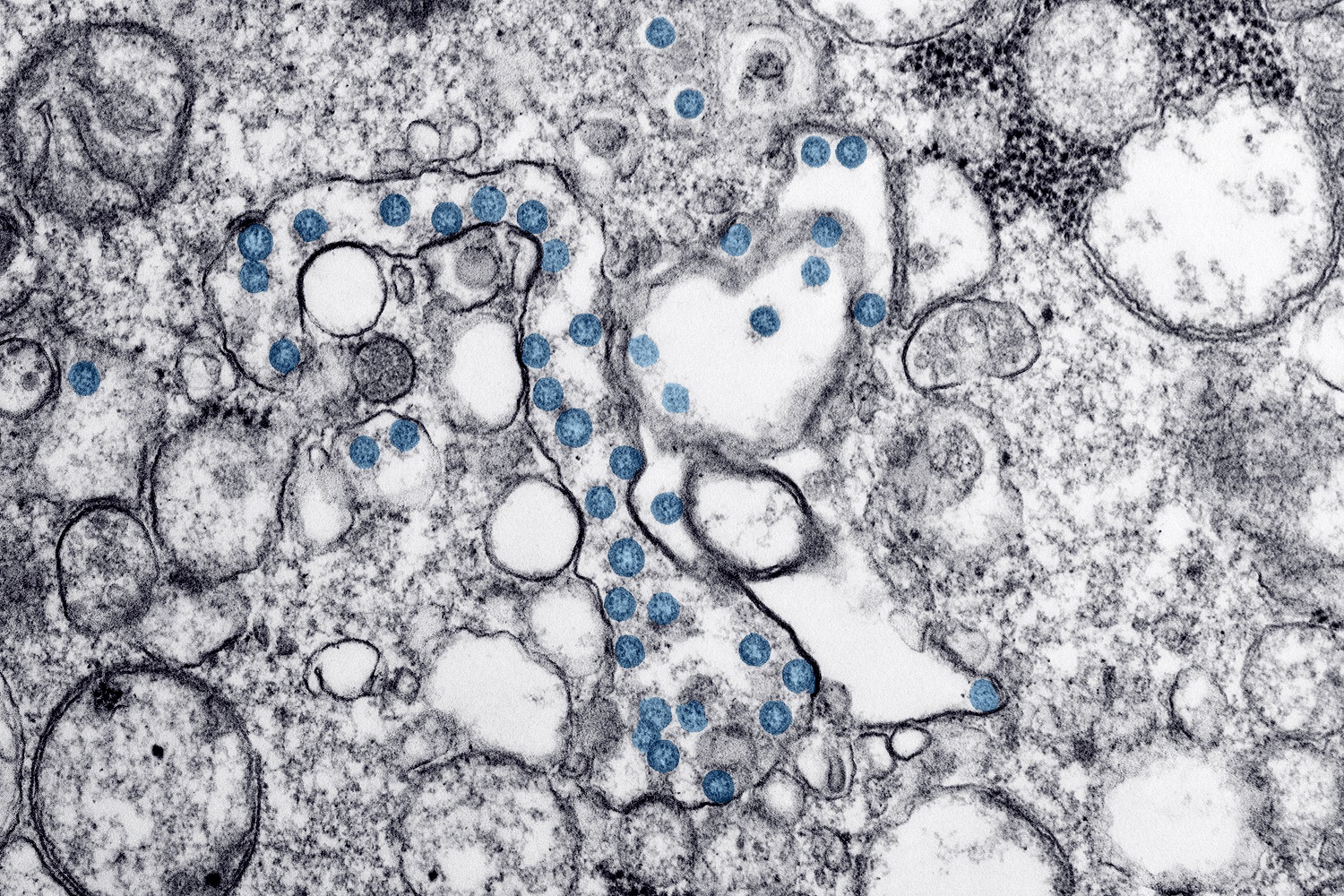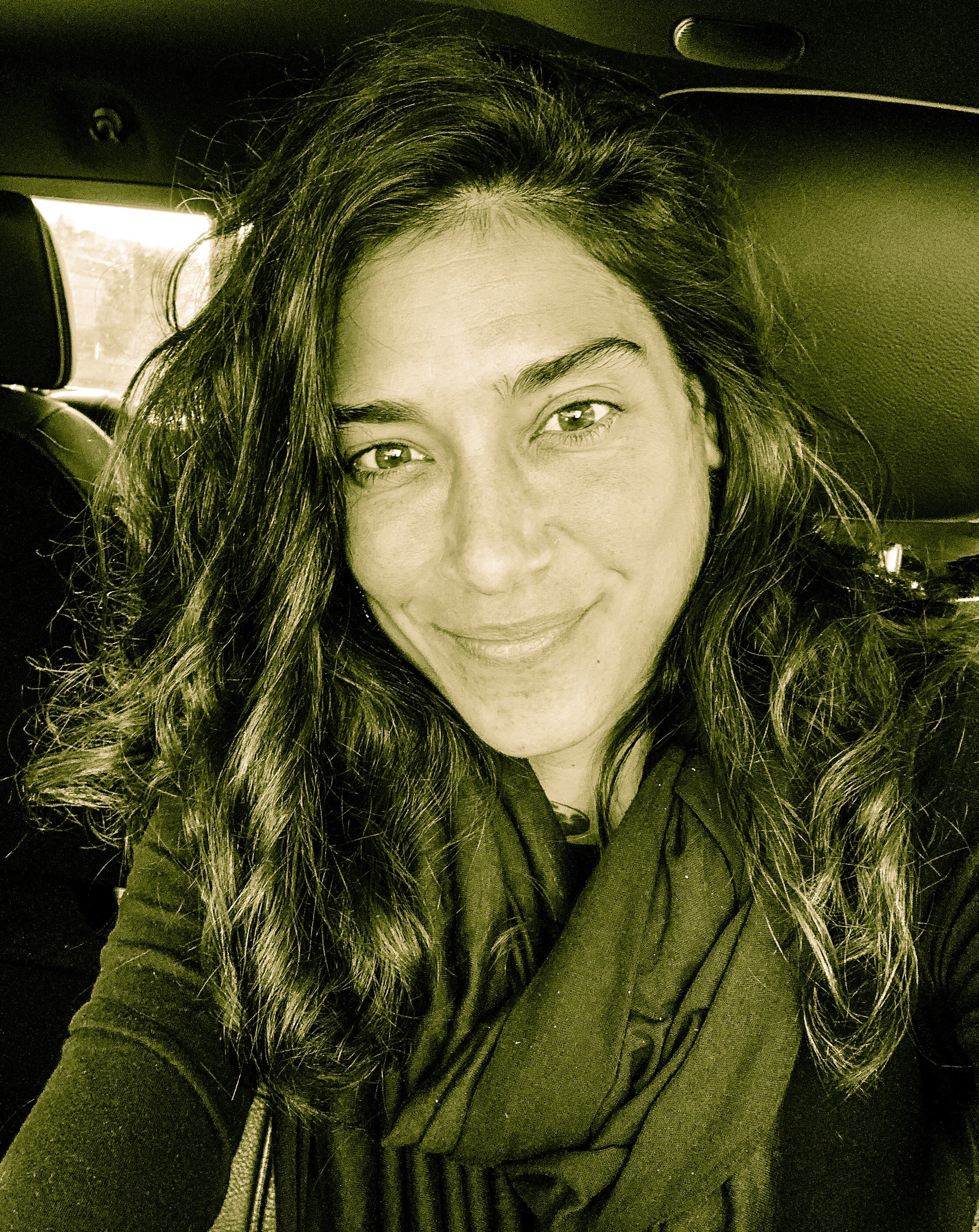Rowan graduate serves on federal COVID-19 task force
Rowan graduate serves on federal COVID-19 task force

A Rowan University graduate is serving on the federal task force now leading the United States’ medical response to the COVID-19 pandemic.
As a member of the SARS-Cov-2 Medical Countermeasures Task Force, Dr. Rebecca Lewandowski is part of the Biomedical Advanced Research and Development Authority, a U.S. Department of Health and Human Services office leading preparedness and response to chemical, biological, radiological, and nuclear threats, as well as pandemic diseases.
Asked what it’s like to serve at this historic moment, Lewandowski responded with one word: “Patriotic.”
Her work is a way “to just give back,” Lewandowski said. “That’s very motivating as a scientist and an American to feel like you are doing something that is useful and going to help other people.” 
For Lewandowski, that work began at Rowan University with a bachelor’s in Biological Sciences and a doctorate in Cell & Molecular Biology at the Rowan University Graduate School of Biomedical Sciences.
Today, her Washington, D.C.-based office is working in partnership with the Federal Emergency Management Agency and the Centers for Disease Control & Prevention, among other agencies, to rapidly develop defensive strategies, such as treatments and a vaccine for the virus.
Developing a vaccine is a complex process, the biologist explained. One strategy is to develop a vaccine using antibodies collected from the plasma of recovered individuals.
“Generally, there is a very long timeline when it comes to developing vaccines and diagnostics,” Lewandowski said. “We are trying to expedite this process, which takes an enormous amount of effort.”
In addition to enabling her to build a solid science and technical background, Lewandowski attributes her resilience and adaptability to stress to her experiences at Rowan. Those experiences are also what led her to pursue a career in public service.
Lewandowski recalls that while in graduate school, she attended a lecture by a scientist who responded to the anthrax scare.
“That’s when I decided I wanted to use my scientific knowledge in this area to work in chemical and biological defense,” Lewandowski said.
Because the pandemic is caused by a new virus, scientists are racing to find answers to critical questions.
When it comes to who gets sick and who doesn’t, Lewandowski warns that “statistics are difficult” as scientists are still gathering diagnostic data. Scientists don’t know if the testing data tells the whole picture, but current data indicates mortality rates are higher for older people and those with immunocompromised conditions.
Lewandowski is particularly concerned about individuals with diabetes. People with Type 1 and Type 2 diabetes, regardless of age, are especially vulnerable to COVID-19 complications, as they are prone to fluctuating glucose levels that can suppress immune response.
In contrast, “if you are a healthy person, and have a healthy immune system, this may not be anything more than a bad flu and, in some cases, even less,” Lewandowski said.
She offered clear advice for the Rowan community and all Americans: “Listen to the CDC.” Lewandowski stressed the importance of “not spreading misinformation and relying on scientific sources and verified data.”
To protect against the virus, she said, follow CDC guidelines to stay home, wash hands, and practice social distancing.
She also urged students to keep a “positive, forward-thinking posture,” and suggested creative ways for everyone to support local healthcare workers, such as paying for their parking by Venmo, dropping off groceries, and volunteering.
“Staying home all the time is hard,” Lewandowski acknowledged. “By staying home, you are contributing to the effort.”